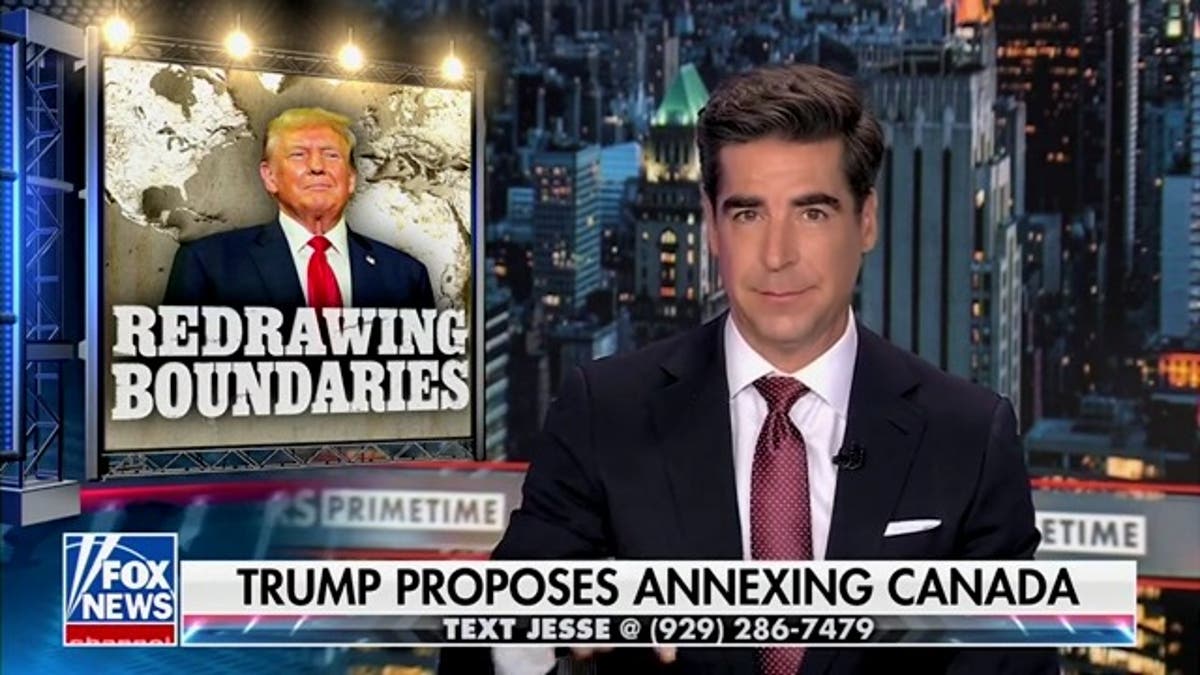Tech
Indian IT companies may have little to worry about H-1B visa says report; suggests these ‘changes’ in the visa programme – Times of India

The H-1B visas debate has stirred US political circles, dividng President-elect Donald Trump’s MAGA supporters. Among these is Tesla and SpaceX CEO Elon Musk who has publicly said that he is willing to go to war over these visas. Musk sees keeping the pipeline open for tech and other skilled workers critical for the American economy. For those unaware, H-1B visa programme permits foreign-born computer scientists, engineers and other highly skilled workers to migrate to the United States.
Trump too has thrown his weight behind Musk on the issue. Trump declared that he is a “believer in H-1B” visas, quashing the opposition to the programme for qualified professionals to work in the US. “It’s a great program,” he told the New York Post. He said, “I’ve always liked the visas; I have always been in favour of the visas. That’s why we have them.”
Now a new report from Macquarie Research analyzes the potential impact of H-1B visa policy reforms on Indian IT services firms, highlighting both opportunities and challenges. While Indian companies hold a relatively small share of total H-1B sponsorships, the report emphasizes the crucial role these visas play in addressing the US’ technical talent shortage and the difficulties of local hiring.
The report underscores the persistent challenge of finding qualified technical professionals within the US. This difficulty is further evidenced by a low unemployment rate of 2.9% in November 2024 for professional and technical services within the US. This shortage makes the H-1B visa program a critical mechanism for bridging the talent gap and allowing US companies to access specialized skills from abroad, particularly from India.
Despite the potential for policy shifts, Macquarie maintains an “outperform” rating for both TCS (with a target of ₹5,710) and HCLTech (with a target of ₹2,020). This suggests that Macquarie believes these Indian IT firms are well-positioned to navigate the evolving regulatory landscape. Effectively implemented visa reforms, particularly the proposed shift to a non-employer-specific permit, could create new growth opportunities for these companies while upholding fair labour practices internationally.
Concerns Regarding a Flat Wage Proposal
Macquarie expresses significant concerns about proposals for a uniform, nationwide wage floor for H-1B visa holders. The report argues that such a flat wage is impractical due to substantial regional cost-of-living variations across the US. Implementing a uniform wage could exacerbate existing economic disparities between different regions. Macquarie stresses the need for a wage floor that considers local economic conditions to avoid unintended negative consequences.
Recommendation for a Non-Employer-Specific Visa
Instead of a flat wage floor, Macquarie recommends a significant shift in the H-1B visa structure: transforming it into a temporary, non-employer-specific work permit, similar to Norway’s skilled work permit system. This model would offer greater flexibility for workers, allowing them to change employers without needing a new visa, and would promote competition among employers. This change, according to the report, would also better protect worker rights.
India’s Position and Potential Impacts of Policy Shifts
The Indian IT services sector is significantly intertwined with the US market, relying on it for both revenue and talent sourcing. While more stringent visa policies could present challenges for Indian professionals seeking opportunities in the US, some analysts believe they could also strengthen the offshoring model. Similar to the outsourcing boom of the 1990s and 2000s, this shift could lead to increased work being performed directly in India. India’s developed infrastructure, extensive skilled workforce, and advanced communication networks make it well-positioned to capitalize on this potential shift.
CareEdge Ratings has also pointed out the potential downside of H-1B system changes, noting that they could disrupt talent mobility and negatively impact the Indian IT sector, which relies heavily on outsourcing.
Here’s a list of the top companies by H-1B sponsorship approvals in 2024:
Amazon Com Services LLC: 9,265 approvals
Infosys Limited: 8,140 approvals
Cognizant Technology Solutions: 6,321 approvals
Google LLC: 5,364 approvals
Tata Consultancy Services Limited: 5,274 approvals
Meta Platforms Inc: 4,844 approvals
Microsoft Corporation: 4,725 approvals
Apple Inc: 3,873 approvals
HCL America Inc: 2,953 approvals
IBM Corporation: 2,906 approvals









